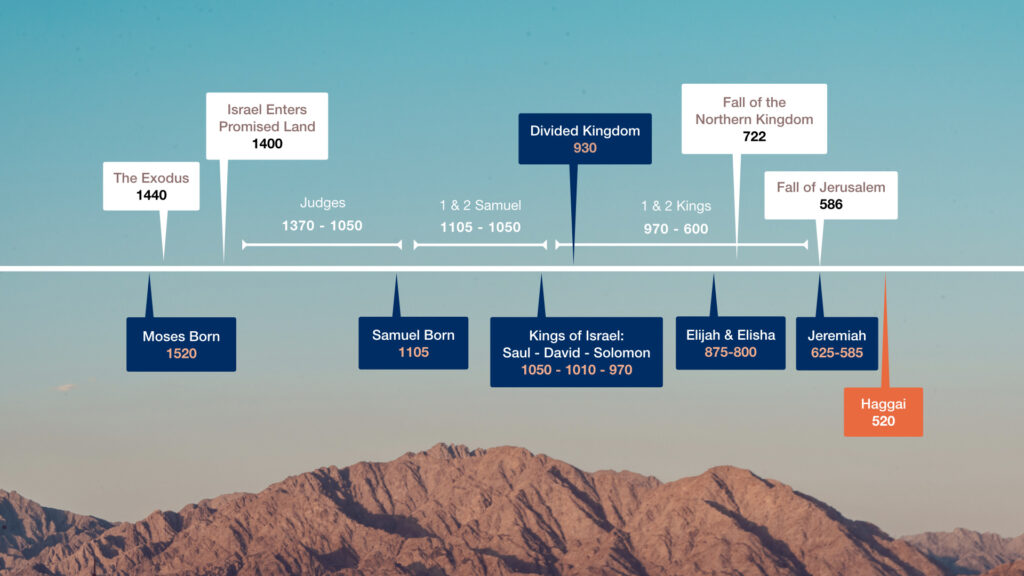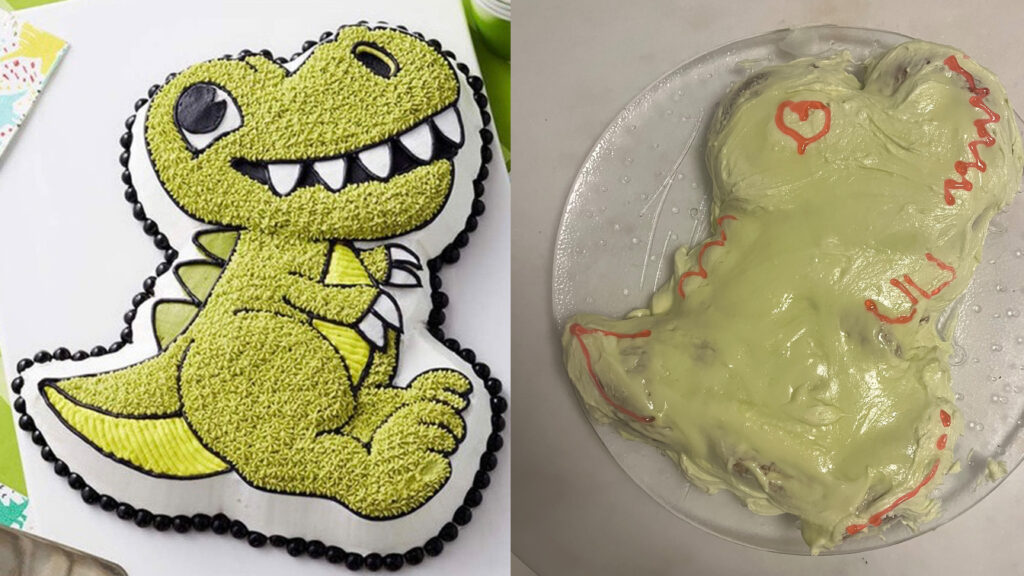July 7, 2024
Haggai
Living for What Will Last
What does it mean to live a life of significance? In a recent study, 1/4 people in the USA said that they feel their life has no meaning or purpose. In a world where people are starving for meaning, what hope does the letter of Haggai have to offer? During the time of this letter, the Israelites have fallen under one of the great enemies of a meaningful life, distractions. Though this letter is over 2,000 years old, the problem of a distracted life is more prevalent than ever. Join us this week as we unpack the message of Haggai and learn what it means to truly live a life full of meaning and purpose.





